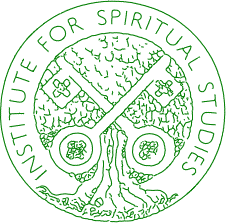
|
Seminar 3:
|
|
The American born poet, critic, and dramatist, T.S. Eliot (1888-1965), left an indelible mark in many fields, and won the Nobel Prize for Literature in 1948. After moving to London in 1914, he redirected English poetry between the wars. He reshaped the principles of literary criticism, and he rethought the role of Christianity in high culture. His conversation in 1927 to Anglo-Catholicism resulted in the classic poems Four Quartets (1935-1943) and a series of verse dramas, including Murder in the Cathedral (1935). He is the last comitted Christian to have shaped literary opinion-making throughout the English-speaking world. The three presenters will evaluate Eliot's later writings and read substantial portions of his verse. Each brings to the evening a lifelong interest in the question of Eliot's significance for Christians today. Why does Eliot's writing remain central for Christians? What does his conversion from secularism to Chriatian apologetics teach us? Which of his poems are most worth re-reading, and why?
|